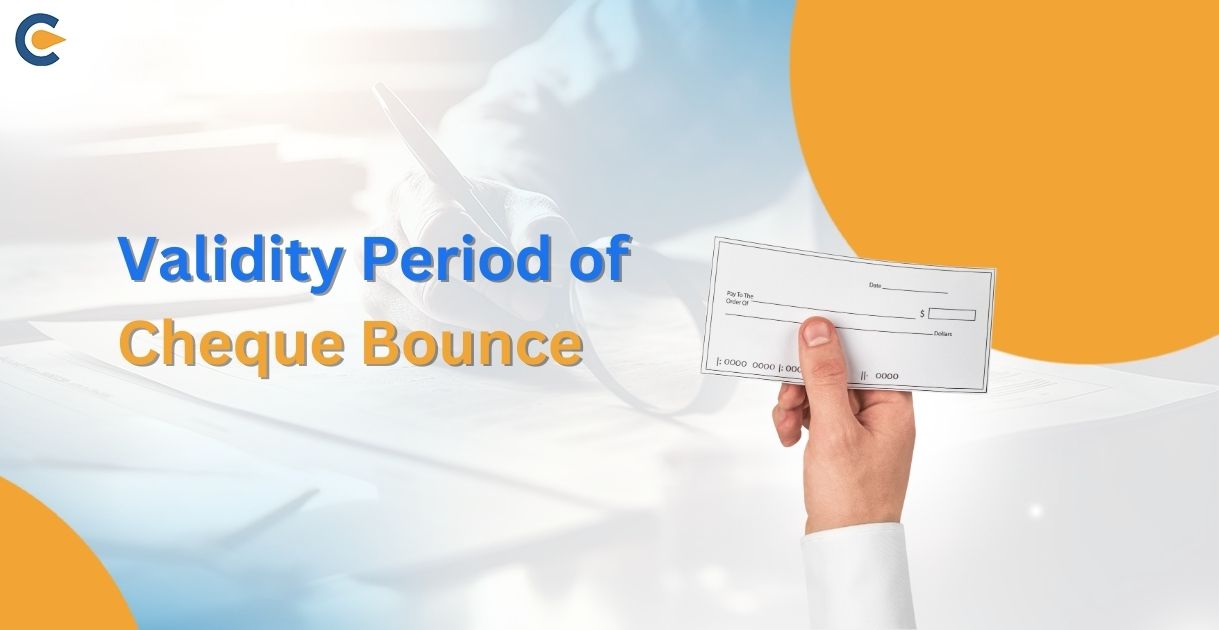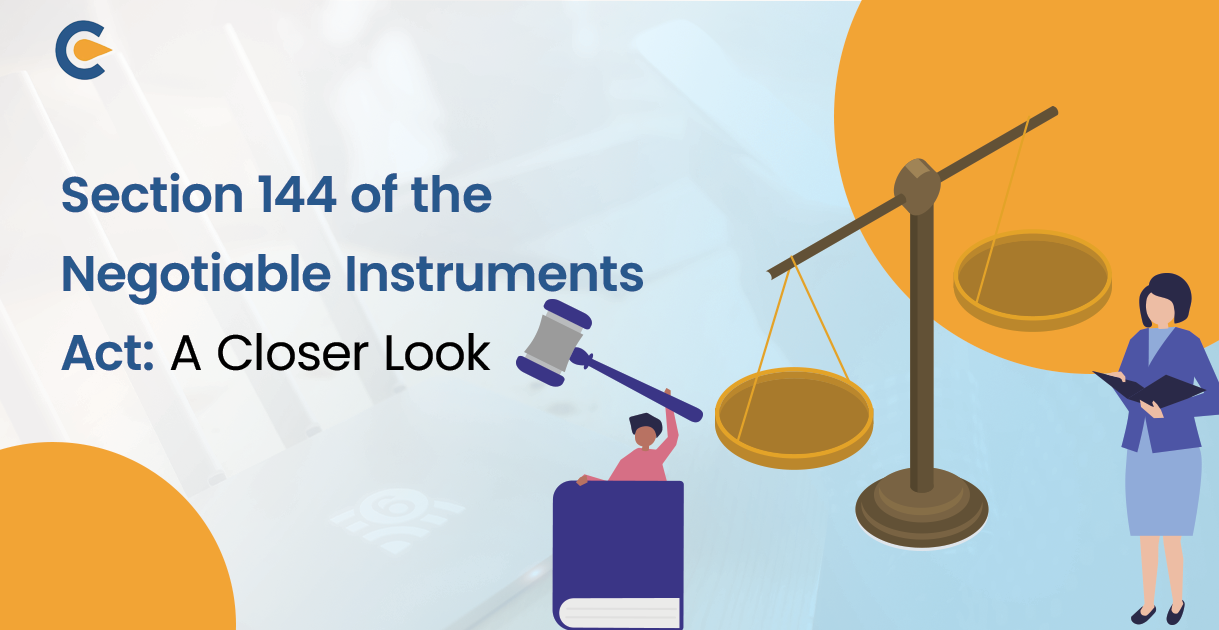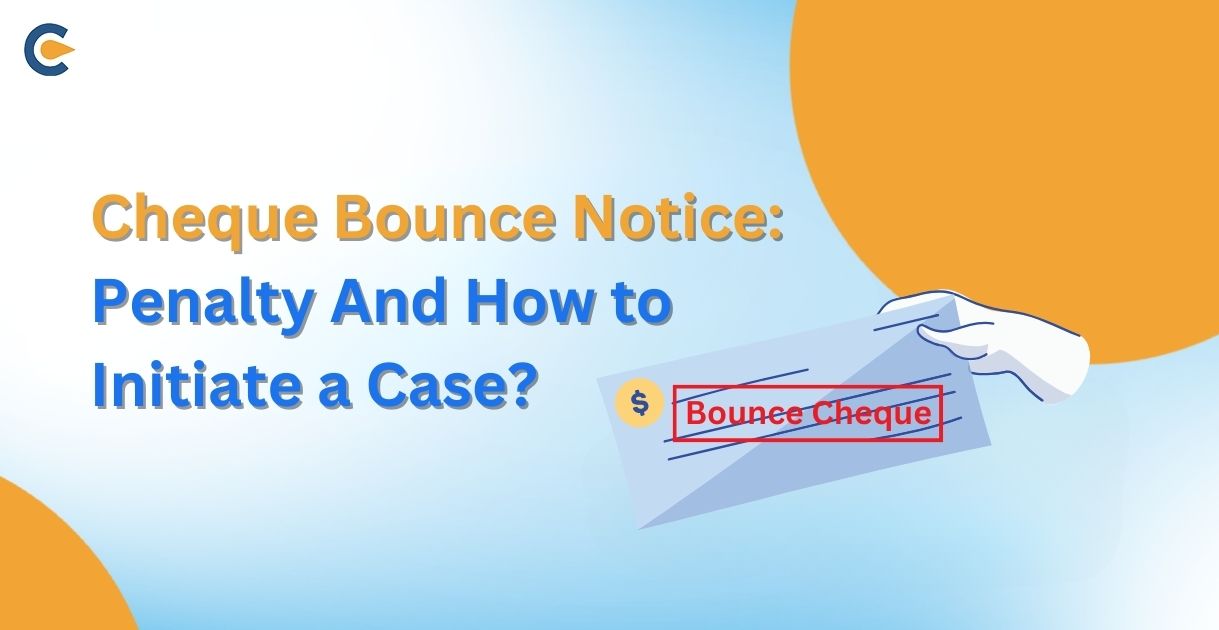A cheque is a type of financial instrument that directs a bank to move funds from one account to another, either in the name of the recipient or of the firm for whom the cheque was made. Payments may be made conveniently, safely, and securely using a cheque. It is a safe choice because there is less chance of loss or theft because there isn’t any actual currency involved in the transaction. It is possible to draw money from a savings or current account with a cheque. Every bank cheque has an IFSC code, a MICR code, and a cheque number written on it. The three-party cheque method of fund payment facilitates the timely movement of funds through a written paper source.
What do you mean by a bounced cheque?
A cheque is a formal written arrangement for payment made from the payer- the person writing the cheque to the payee, the person receiving it. The money is transferred from the payer’s account to the payee’s account by the payer’s bank. Nevertheless, for a variety of reasons, the transaction might not be complete in some cases. This is referred to as a return or bounced cheque.
In August 2021, the Reserve Bank of India (RBI) published an updated regulation pertaining to this. This regulation requires those who want to use cheques to keep a minimum amount in their bank accounts. The issued cheque will bounce if the necessary balance is not kept up to date. Every national and private bank is subject to this regulation.
Factors Influencing Validity Period of Cheque Bounce
It is important for both cheque issuers and recipients to be aware of the elements that might impact the validity period of cheque bounce in India. The following are some important variables that affect the validity period ofcheque bounce:
Date of the Cheque:
The cheque’s stated date is important information. A post-dated cheque that is submitted for payment before the specified date is probably going to be dishonoured.
Sufficient money:
A cheque that bounces due to insufficient money in the drawer’s account occurs most frequently. The issuer must possess sufficient cash to cover the designated amount for the cheque to be considered legitimate.
Drawer’s Financial Status:
It is very important to know if the individual or organization issuing the cheque is financially stable. A bounce might occur if the drawer’s financial condition worsens between the times the cheque is issued and when it is presented.
Correctly Signed:
The drawer of a cheque must sign the document accurately. The cheque may become invalid if there are any signature conflicts or missing signatures.
Accurate Payee Details:
It’s crucial to make sure the payee information on the cheque is correct. A bounce may result from errors in the payee’s name or account information.
Stale Cheques:
A cheque has limited validity, and presenting it after that time may cause it to bounce. If the money is not received, the drawer may write a fresh cheque.
Changes and Overwriting:
If the cheque is altered or overwritten without the drawer’s express consent, the cheque may become void.
Validity Period for Cheque Bounce
The Negotiable Instruments Act defines cheque bounce as a serious infringement that carries a fine and/or jail sentence. To preserve his rights under the Negotiable Instruments Act, the drawer of the cheque must present the cheque within 30 days after the day it was dishonoured. The beneficiary of the dishonoured cheque sends the Cheque Bounce Notice to the defaulter by registered mail within 30 days of the cheque being dishonoured. Should the cheque issuer fail to pay, the payee has 30 days from the end of the 15-day notice period to file a criminal complaint with the court.
Difference between Dishonored Cheque and Cheque Bounce
The sole distinction between a bounced cheque and a dishonoured cheque is that the former happened because of an incorrect date or signature that is not consistent with the latter. However, there was just insufficient money in the drawer’s account for the cheque to bounce.
Even if incidents of cheques bounce frequently these days, cheques stay unpaid. Section 138 of the Negotiable Instruments Act gives the payee the authority to file a criminal complaint against the drawer if the drawer does not make a fresh payment within 30 days of receiving the legal notification. However, within the 30-day legal notice period, the complaint needs to be filed in the first-class magistrate’s court.
Cheque Bounce Assistance with Corpbiz
An advocate or attorney for the party must submit a legal notice on its behalf. Therefore, you must first get in touch with a professional advocate at Corpbiz in order to provide a written notification of a cheque bounce. Since a cheque bounce notification is the first step in initiating a lawsuit procedure, it is highly recommended that you hire a lawyer for cheque bounces. The Corpbiz team has the requisite knowledge and expertise to create these legal notices. In order to ensure that you are taking the required steps to pursue justice, our professionals will be able to gather important information for you and provide appropriate notice. Our company can effectively manage all legal paperwork.
Frequently Asked Questions
What is a cheque bounce case?
When a bank dishonours a cheque for inadequate money or other reasons, the legal dispute is known as a “cheque bounce case”.
What legal consequences does a case of a bounced cheque have?
The individual who issued the cheque may be subject to both civil and criminal procedures in the event that the cheque bounces. Penalties, fines, and incarceration are possible outcomes.
How does one go about bringing a case over a bounced cheque?
The payee must serve a legal notice seeking payment of the outstanding balance to the cheque drawer in order to initiate a case about a bounced cheque. The payee may bring legal action in court if the payment is not made within the allotted time frame.
What should you do if there is a delay in filing a case?
A cheque bounce case is typically submitted within the time limit; however, if a delay arises due to an unavoidable reason, a complaint case can be filed together with an application under Section 5 of the Limitation Act to excuse the delay.
Can I bring a lawsuit for cheque bounce after four years?
According to the Negotiable Instruments Act, if a cheque bounces, a legal notice needs to be sent out within 30 days. Then, a case must be filed in 45 days, including the first 30 days for sending the legal notice and the remaining 15 days. The case will be considered time-barred if it is filed after this deadline.
How long does it take to file a case over a bounced cheque?
The drawer of the cheque must file a case for a bounced cheque within 30 days of receiving the legal notification.
What paperwork is needed to initiate a case for a bounced cheque?
The bounced cheque, the note about returning the cheque, the legal notice addressed to the drawer, and documentation proving notice delivery are all needed to bring a lawsuit involving a bad cheque. Depending on the specifics of the transaction, you might additionally need to submit supporting documentation, such as invoices, delivery confirmation, loan agreements, ledgers, etc.
How do I avoid a cheque bounce situation?
To avoid a cheque bounce, ensure there is enough money in your account, examine the information on the cheque, and stay in touch with the receiver to arrange deposit time.
When is the payee held responsible for bounced cheque?
If there are insufficient funds or other reasons, such as a mismatched signature, the payee is also responsible for paying the bounced cheque costs. Nevertheless, this might change based on the bank.
What happens when a cheque bounces?
Cheque bounce offences carry a maximum two-year jail sentence, a fine equivalent to double the cheque amount, or both.
Read Our Article: How To Take Legal Actions For Cheque Bounce?











